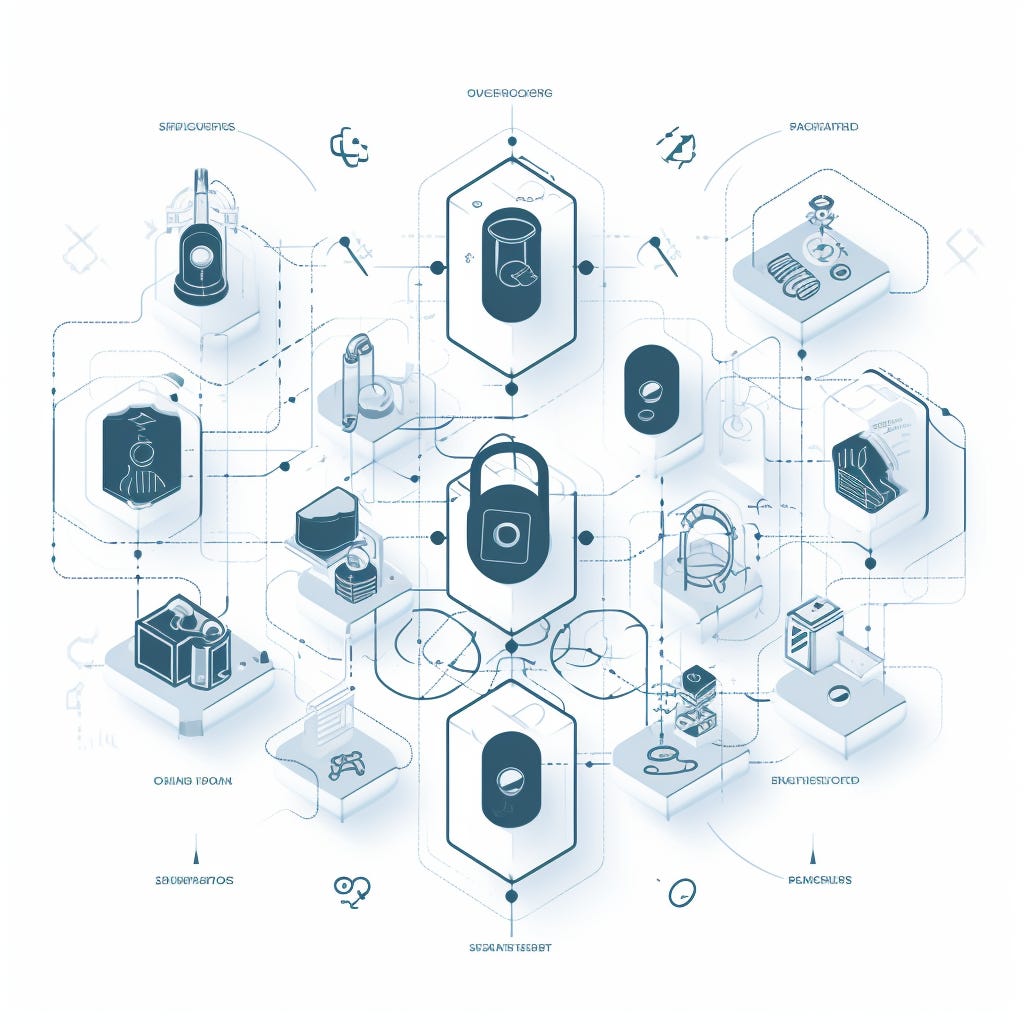AI Roundup 027: Challenge accepted
August 11, 2023
Challenge accepted
This week DARPA, the agency behind innovations like GPS and the internet, issued an AI challenge with $18.5 million in prize money. Over the next two years, teams will work to use AI to build cybersecurity tools and self-repairing software.
Why it matters:
Public utilities, law enforcement, and critical systems have all been hit with cyberattacks in recent years. DARPA is looking for automated ways to harden those systems.
Winners will be asked to make their solutions widely available to the public for free (and, of course, to the government).
But there are two sides to this coin: this week also saw the Generative Red Team Challenge, backed in part by the White House, which aims to find bugs and exploits in LLMs and image generators.
Elsewhere in LLM research:
One study shows GPT-3.5 outperforming GPT-4 on questions about math, medicine, and code, highlighting the issue of "drift" when upgrading LLMs.
Researchers tested 14 LLMs for political bias and found GPT-4 to be the most left-aligned and Llama to be the most right-aligned.
And the Center for Countering Digital Hate found LLMs and image generators created "pro-anorexia" content 41% of the time when asked about eating disorders.
Hang the DJ
It's been just four months since AI-generated songs first went viral, but the music industry knows an opportunity when it sees one. Google and UMG are reportedly negotiating a deal over AI-generated songs.
The big picture:
YouTube was one of the first user-generated content platforms that made peace with the record labels. And it did so by making sure they got their cut of any videos uploaded with copyrighted music.
Some artists, like Grimes, are leading the way - a new Wired interview discusses her thoughts on turning her AI voice loose for fans to use (and a lot more).
And Spotify, which was already working on AI-generated podcast ads, is expanding its AI-powered DJ tool to dozens more countries.
Even more Google news:
Project IDX, an AI development environment in the browser.
Google and American Airlines are using AI to help mitigate the effects of contrails.
And a profile of James Maynika, Google's SVP of Research, who previously signed the "extinction risk" letter.
Chips, clouds, and code
Nvidia delivered a keynote at the SIGGRAPH conference in LA, with CEO Jensen Huang showcasing some major updates.
What to watch:
The Grace Hopper Superchip (aka the GH200), a combination CPU/GPU, is expected to enter production in Q2 2024.
AI Workbench, which lets users create, test, and fine-tune LLMs without using cloud resources via a partnership with HuggingFace.
Four new Omniverse Cloud APIs meant to encourage more adoption of OpenUSD, a system for building 3D objects and worlds.
Elsewhere in computing:
Baidu, ByteDance, Tencent and Alibaba reportedly ordered $5 billion each in Nvidia chips. Some are worried that the Biden administration will look to halt exports.
Stability AI launches StableCode, an LLM for code generation, as yet another expose hints at chaos behind the scenes.
And Newegg's ChatGPT-powered product review summaries might help you pick your next PC part.
Things happen
TikTokers are using AI tools to "recreate" dead and missing children. Supermarket AI meal planner offers recipe for chlorine gas. Amazon reverses course on "garbage books" written by AI. News outlets demand new rules for AI training data. OpenAI's GPTBot lets webmasters opt out of AI web crawling. "The Fear Of AI Just Killed A Very Useful Tool." AI comes for YouTube’s thumbnail industry. Stanford open-sources its Westworld experiment. MIT econ professor David Autor on AI, upskilling, and market risk. The Philippines defends its outsourcing industry against new competition from AI. The FEC could limit AI in political ads for 2024. Zoom's terms now let the company train AI models using customer data.
Last week’s roundup
AI Roundup 026: AudioCraft
Another week, another state-of-the-art open-source release from Meta. AudioCraft is an AI tool that lets users create music and sounds via text prompts.








The innovative nature of the appeal to crowdsourcing to have better cybersecurity is really intriguing. $18.5 million in prize money is noble, but I wonder how much will be spent by rogue actors on the other side of the coin. It's gonna be quite the arms race.